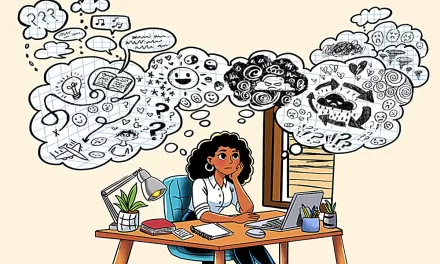A new study has revealed that toddlers who spend more time on tablets may experience more frequent tantrums, creating a challenging cycle for parents. The research, led by Caroline Fitzpatrick, a professor of education at the University of Sherbrooke, was published on August 12 in JAMA Pediatrics. It highlights the potential negative impact of early tablet use on children’s emotional regulation.
The study tracked 315 Canadian children aged 3.5 to 5.5 years old, focusing on their screen time and emotional regulation over a two-year period. Researchers found that as toddlers’ screen time increased, so did their levels of anger and frustration. Specifically, an additional hour of screen time per day at 3.5 years of age was associated with significant increases in anger at 4.5 years. This heightened emotional upset was then linked to more tablet use at 5.5 years old.
Fitzpatrick’s team noted that the preschool years are crucial for developing emotional regulation skills. Traditionally, toddlers learn to manage emotions through direct parental guidance and by observing how adults handle their own feelings. However, with increasing screen time, many toddlers are interacting more with devices than with their parents, potentially hindering their emotional development.
The study underscores a troubling cycle: as toddlers struggle with emotional regulation, parents may use tablets as a calming tool, which could, in turn, exacerbate emotional outbursts. According to Fitzpatrick, this cycle is detrimental to a child’s ability to manage anger and frustration effectively.
Dr. Scott Krakower, a child psychiatrist at Northwell Zucker Hillside Hospital, supports these findings. He notes that prolonged use of electronic devices can lead to “rebound-type agitation” and heightened behavioral issues. Krakower advises parents to moderate screen time, suggesting limits such as 15 to 20 minutes per session with breaks in between.
The research highlights the importance of direct parental interaction in fostering emotional development. Although the study did not assess parental engagement during tablet use, Fitzpatrick’s team emphasizes that one-on-one interactions are crucial for helping toddlers regulate their emotions. The absence of such interactions could have long-term effects on a child’s ability to handle frustration and meet future educational and health demands.
For further information on children’s emotional development, visit the American Academy of Pediatrics.
Reference: Fitzpatrick, C., et al. (2024). Early-Childhood Tablet Use and Outbursts of Anger. JAMA Pediatrics. DOI: 10.1001/jamapediatrics.2024.2511












